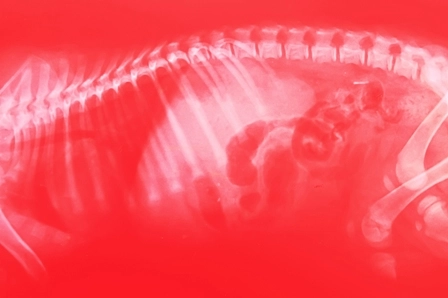AHRQ Resource Aids Providers When Accidents Happen

Plus: CMS Updates ICD-10 with Specialty Support
Mistakes are made, and sometimes lives are lost in medicine. Promoting the feelings of trust and faith can be challenging when patient care goes askew.
In an effort to address these types of clinical issues, the Agency for Healthcare Research and Quality (AHRQ) has compiled a toolkit for providers after accidents occur. AHRQ developed the program using a $23 million grant awarded in 2009 for the purpose of advancing their Communication and Optimal Resolution (CANDOR) process and helping both patients and physicians overcome medical errors.
“The CANDOR toolkit contains eight different modules, each containing PowerPoint slides with facilitator notes. Some modules also contain tools, resources, or videos,” says an AHRQ press release from May 23.
AHRQ hopes that its online system will increase patient safety and dismiss provider worries about disclosure. Hospitals nationwide are already adopting systems like this one or plan to take advantage of the ideas that CANDOR embraces.
“Despite the best efforts of hospitals, doctors, nurses and other health care professionals, about 1 in 10 patients is harmed by the care they receive,” says the AHRQ in a May 23 press release, “Effective communication following harm can be challenging, leaving patients and families to wonder what happened and possibly seek legal action to find answers.”
Resource: For a more indepth look at the May 23rd AHRQ press release, visit www.ahrq.gov/news/newsroom/press-releases/2016/candor.html?utm_source=AHRQ&utm_medium=EN&utm_term=PR&utm_content=29&utm_campaign=AHRQ_CANDOR_2016.
If you are interested in accessing the CANDOR toolkit, visit http://www.ahrq.gov/professionals/quality-patient-safety/patient-safety-resources/resources/candor/introduction.html.
In other news…
With the release of ICD-10 revisions slated for Oct. 1, 2016, CMS continues to add information and insight to the changes under its Provider Resources page. Links, forums, and outlines from CMS are compiled here for providers devoted to making the revisions’ transition painless.
On May 25, CMS introduced its Clinical Concepts Series. Focusing on particular medical specialties, the links offer specific guidance from CMS about the ICD-10 changes in a certain area.
The specialties included in the series are:
The Clinical Concepts Series covers the differences between ICD-9 and ICD-10, clinical documentation strategies in light of the revisions, “clinical scenarios, and links to interactive cases studies, in-depth webinars, and other Road to 10 features.”
Resource: For more information about ICD-10 and the Clinical Concepts Series, visit https://www.cms.gov/medicare/coding/icd10/providerresources.html.

.jpg)


